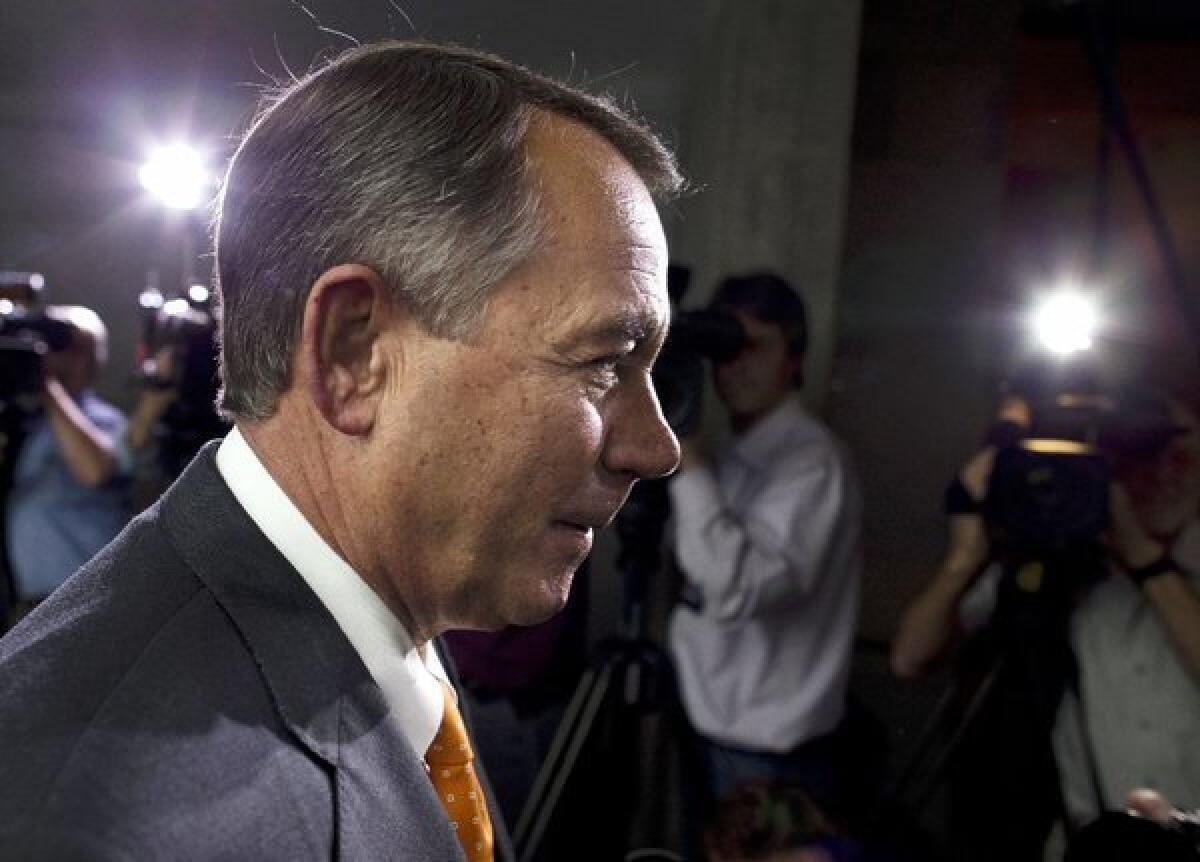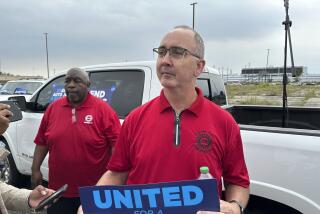The ‘income verification’ myth buried in the shutdown deal

The glittering new deal to end the government shutdown/debt ceiling crisis has one tiny sop to the Republicans. Let’s hope they don’t break their arms patting themselves on the back about it.
The sop is a provision to tighten “income verification” for people applying for federal subsidies for health insurance under the Affordable Care Act. We reported on this provision earlier this week.
Here’s a little more background. Bottom line: The problem that the new “tightening” is supposed to resolve doesn’t even exist.
“Income verification” became an issue in July, when the Department of Health and Human Services issued its final rules for the process. The Washington Post said the rules would “significantly scale back” the act’s requirement for verification of applicants’ eligibility for cut-rate insurance, at least for a year. A full-scale right-wing freak-out ensued, based on the conviction that hordes of people would cheat the insurance exchanges for undeserved subsidies, presumably bankrupting the government.
The truth is that the rules have not been significantly scaled back. They’re quite rigorous. Pretty much every applicant has to prove that his or her income meets the subsidy standards. Here’s an Aug. 5 Q&A from HHS laying out the rule:
“Q: Will Marketplaces be verifying the income of consumers?
“A: Yes.”
The rule requires that applicants’ income -- as submitted with their applications -- be checked against their IRS and Social Security records. If that can’t be done, the income will be checked against employer records submitted to the credit agency Equifax. If there’s still a discrepancy between those records and the income claimed, the applicant will have to furnish more documentation and an explanation.
The final rule allows state exchanges to check a statistically valid sample of applicants, rather than every applicant, in a small subset -- cases in which an applicant claims income more than 10% below what IRS and Social Security records show, and where there’s no Equifax data.
What the final rule did defer for a year was a requirement that employers report to the government on its own employee insurance provisions. (Workers who have access to adequate insurance from their jobs aren’t eligible for the government subsidy.) But the healthcare law also anticipated that primarily the workers, not their employers, provide this information.
As health economist Tim Jost of Washington and Lee University points out, the HHS rules allow subsidies to be provided for up to 90 days for applicants whose information can’t be verified. If there’s still no verification, the subsidies may have to be repaid. Moreover, lying on the application is criminal perjury, subject to a fine of up to $250,000.
Finally, Jost observes, in the grand scheme of things this is penny-ante stuff. Americans underpay their federal income tax by $385 billion a year, according to IRS estimates. The estimated total cost of Obamacare subsidies next year will be $26 billion, and the amount fraudulently forked over obviously a small fraction of that, at most.
“If we are genuinely concerned about tax fraud,” Jost writes, “it would seem there are bigger targets we could be aiming at.”
But the critics of Obamacare aren’t genuinely concerned about tax fraud. They’re genuinely concerned about undermining the entire program by painting it as a giveaway to the undeserving poor. If the price of restoring the government to full functioning was to toss the Republicans and tea partiers this bone, perhaps it was a small price to pay.
[Updated, 3:12 p.m. PDT Oct. 16: It’s even less of a sop than that. On “income verification,” the Senate deal requires only that the secretary of Health and Human Services report to Congress by Jan. 1 on the “procedures” in place to verify eligibility for the subsidies, and by next July 1 report on their effectiveness. That’s what’s the right wing got for its attack on Obamacare. The deal is here; the Obamacare provision is on pages 23-24.]







